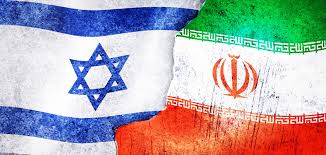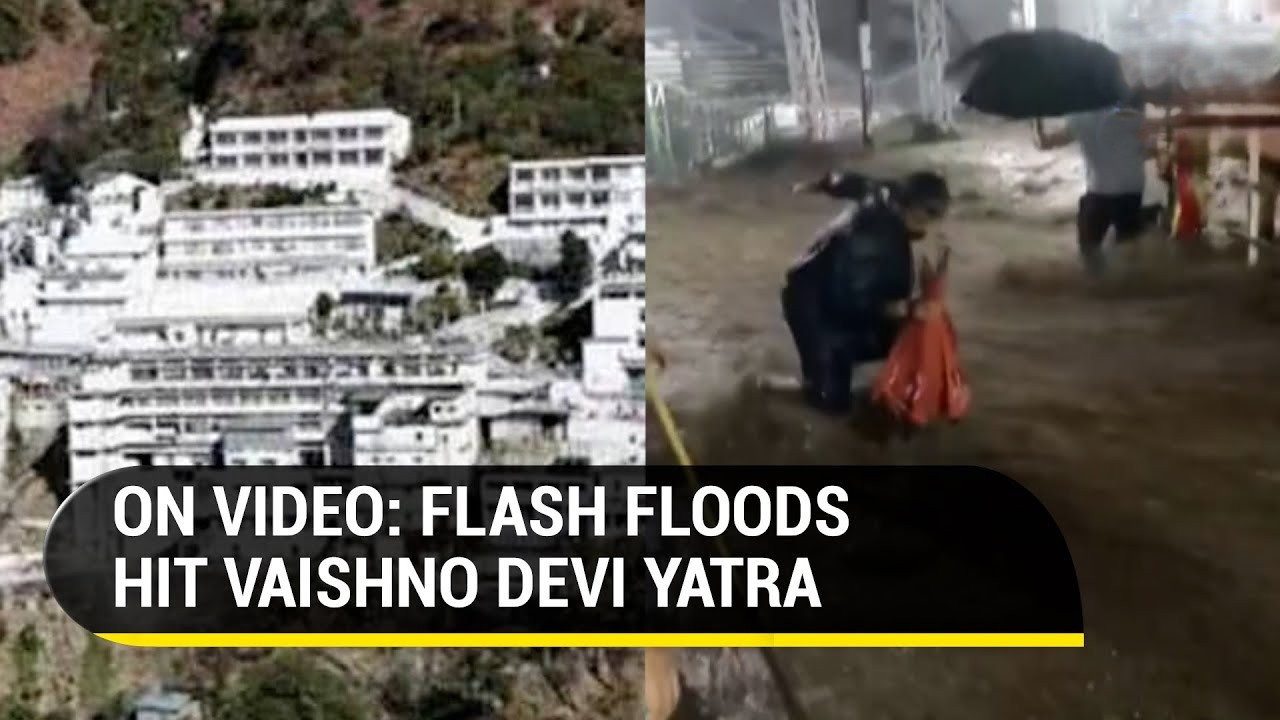
The relationship between Israel and Iran has been marked by hostility for decades, rooted in ideological differences, regional power struggles, and concerns over nuclear ambitions. As of June 18, 2025, the conflict has escalated into open warfare, with both nations engaging in direct military strikes. This article explores the historical background, recent developments, and potential implications of the ongoing Israel-Iran conflict, offering a balanced perspective on a complex geopolitical issue.
Table of Contents
Historical Context Middle East Tensions Rise
However, the 1979 Islamic Revolution, led by Ayatollah Ruhollah Khomeini, fundamentally altered this dynamic. The new Islamic Republic viewed Israel as an illegitimate state and a threat to its regional influence, aligning itself with groups like Hezbollah and Hamas to counter Israeli interests.
Key historical events include: Israel-Iran Conflict
1980s: The formation of Iran’s Quds Force, a branch of the Islamic Revolutionary Guard Corps (IRGC), which supported anti-Israel groups across the Middle East, including Hezbollah in Lebanon.
2000s: Iran’s nuclear program became a focal point of tension. Israel, viewing a nuclear-armed Iran as an existential threat, accused Tehran of pursuing nuclear weapons, a claim Iran denies, asserting its program is for peaceful purposes.
2010: The Stuxnet virus, widely believed to be a joint U.S.-Israel cyberattack, targeted Iran’s nuclear facilities, escalating covert operations.
2015: The Iran nuclear deal (JCPOA) was signed, limiting Iran’s uranium enrichment in exchange for sanctions relief. Israel opposed the deal, with Prime Minister Benjamin Netanyahu arguing it failed to curb Iran’s nuclear ambitions.
2018: Israel claimed to have obtained documents proving Iran concealed parts of its nuclear program, further straining relations.
Since the 2023 Hamas-led attack on Israel, tensions have escalated, with Iran-backed groups in Lebanon, Syria, and Gaza increasing their activities, prompting Israeli retaliatory strikes.
Middle East Tensions Rise: Israel-Iran Conflict at a Glance
Recent Developments (June 2025)
As of June 18, 2025, the Israel-Iran conflict has entered a dangerous new phase, with both nations engaging in direct military strikes for six consecutive days. Below is a timeline of key events based on recent reports:
June 13, 2025: Israel launched a surprise attack, codenamed Operation Rising Lion, targeting Iran’s nuclear facilities, including the Natanz enrichment site, and military installations. The strikes killed senior IRGC officers, nuclear scientists, and civilians, with Iran reporting 78 deaths. Israel claimed the attacks were to prevent Iran from developing nuclear weapons.
June 14, 2025: Iran responded with Operation Honest Promise 3, launching ballistic missiles and drones at Israel. Iranian media reported a strike on a South Pars refinery by Israeli drones, causing explosions and fires.
June 15, 2025: The conflict intensified with Iran firing missiles at Israeli cities, including Haifa, injuring 15 people. Israel struck Tehran’s Defense Ministry and IRGC-linked sites, killing the IRGC intelligence chief and his deputy.
June 16, 2025: Israel targeted Iranian state television, disrupting a live broadcast, and struck energy facilities, including the Shahran fuel depot and Shahr Rey oil refinery. Iran accused Israel of war crimes for attacking a hospital.
June 17, 2025 : Israel carried out widespread attacks on missile and drone sites in Iran’s Isfahan region, with videos capturing smoke rising over Tehran.. Iran launched missiles at Israeli air bases, escalating the tit-for-tat attacks.
June 18, 2025: Israeli warplanes pounded Tehran, targeting 20 sites, including missile production facilities. Iran launched two barrages of missiles, including Fattah hypersonic missiles, at Israel, with no reported casualties. Iran’s Supreme Leader, Ayatollah Ali Khamenei, rejected U.S. President Donald Trump’s call for surrender, warning of “irreparable consequences” if the U.S. joins Israel’s strikes.
Key Issues and Concerns
Nuclear Program
The International Atomic Energy Agency (IAEA) confirmed “direct impacts” on Natanz’s underground enrichment halls, though radioactivity levels remained normal, indicating no immediate radiological threat. Despite U.S. intelligence assessments in March 2025 that Iran had not resumed its nuclear weapons program, Israel argues that Iran’s uranium enrichment to near weapons-grade levels poses an imminent danger.
Civilian Impact
Iran reported nearly 600 deaths, with strikes hitting densely populated areas in Tehran and Kashan. Over 600 foreign nationals have fled Iran, and thousands of Iranians have jammed highways to escape airstrikes. In Israel, missile attacks have killed at least 17 people since hostilities began, with significant damage in Tel Aviv and Haifa.
International Reactions
United States: President Trump has expressed support for Israel’s right to self-defense but opposed a plan to assassinate Khamenei, fearing regional destabilization. He has called for Iran to abandon its nuclear program entirely, while U.S. officials deny involvement in Israel’s strikes.
Russia: Moscow has cautioned against U.S. military involvement and offered to mediate, with President Vladimir Putin engaging both sides. Russia’s relationship with Iran, a key ally, is strained by its focus on Ukraine and ties with Gulf states.
Germany: Foreign Minister Johann Wadephul urged Iran to resume nuclear talks, emphasizing a diplomatic solution.
China: Beijing accused Trump of escalating tensions and suggested referring the conflict to the U.N., though it acknowledged the unlikelihood of binding resolutions.
United Kingdom: The UK expressed alarm and withdrew diplomatic family members from Israel as a precaution.
Regional Implications -Middle East Tensions Rise: Israel-Iran Conflict at a Glance
The conflict risks sparking a broader regional war, with Iran’s allies, such as Hezbollah and Hamas, potentially intensifying attacks. The World Health Organization warned of devastating civilian tolls and health risks from strikes on nuclear sites. The global oil market has also been disrupted, with attacks on Iran’s energy infrastructure causing price volatility.
Perspectives and Narratives -Middle East Tensions Rise: Israel-Iran Conflict at a Glance
Israel’s Stance: Prime Minister Benjamin Netanyahu has framed the strikes as necessary to neutralize Iran’s nuclear threat and weaken its regime. He suggested that killing Khamenei could end the conflict and hinted at regime change as a possible outcome.
Iran’s Response: Khamenei has vowed to resist, declaring that “war will be met with war.” Iranian officials have accused Israel of war crimes and warned against U.S. intervention, framing their actions as self-defense.
Middle East Tensions Rise: Israel-Iran Conflict at a Glance – India Sandesh24
See Details in video – Middle East Tensions Rise








